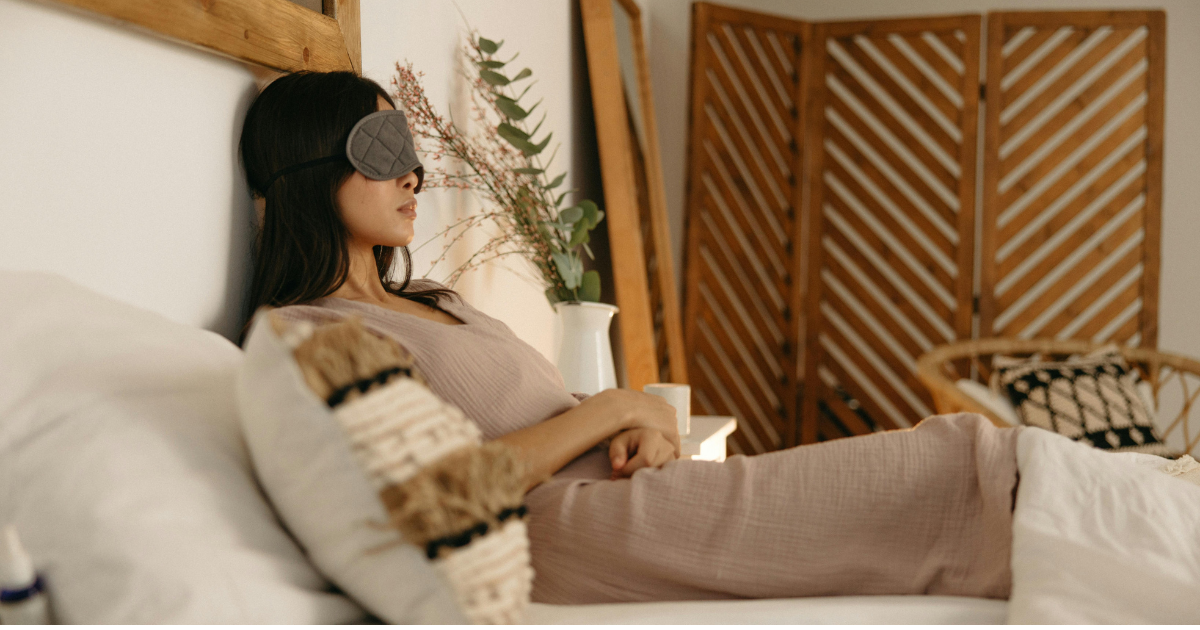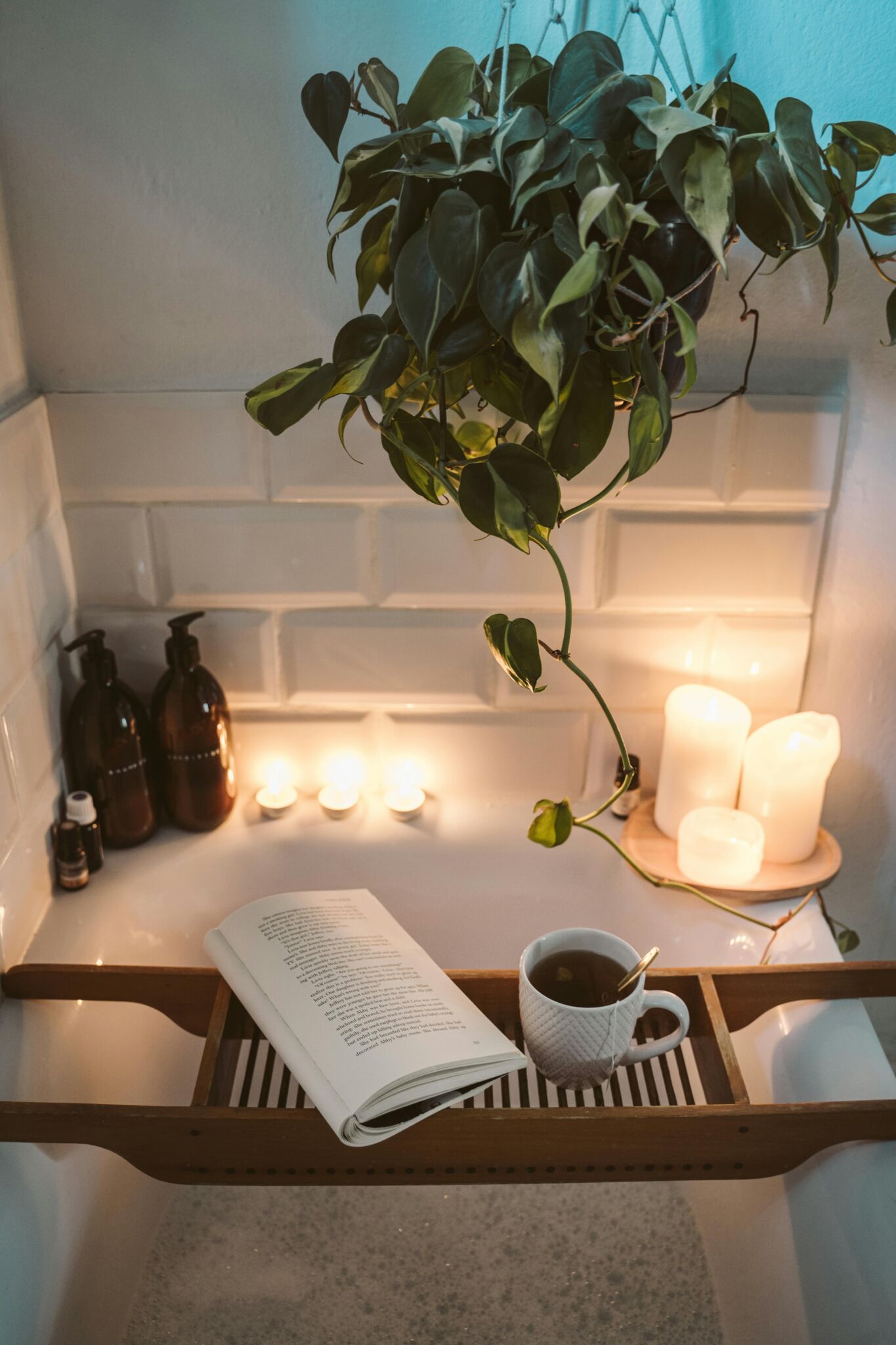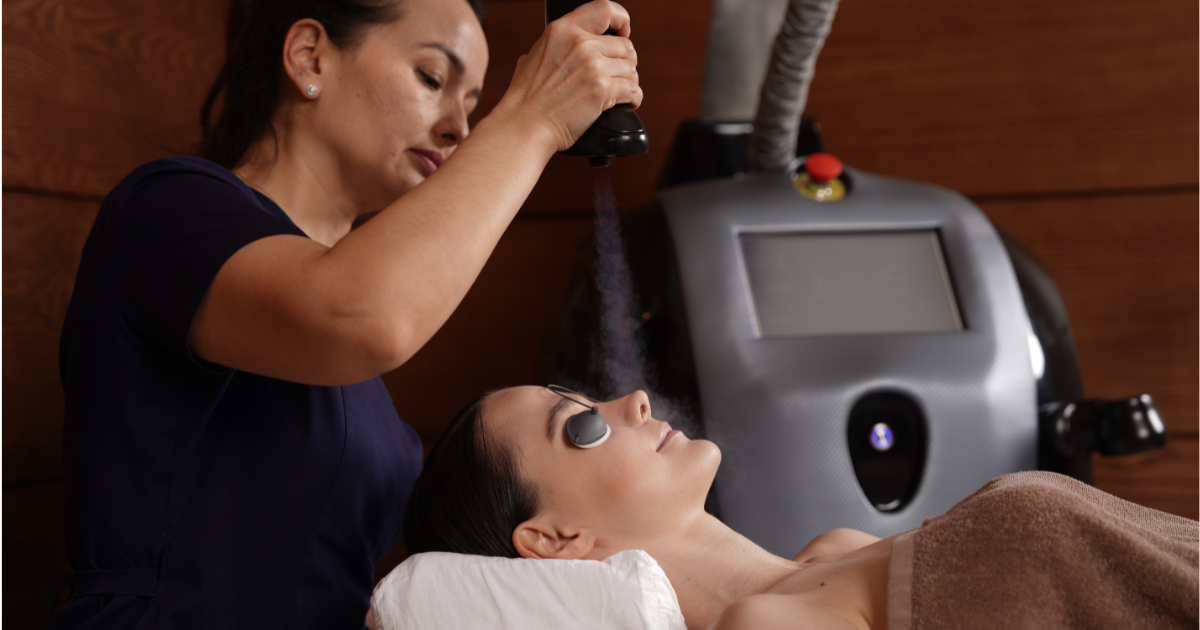The art of rest
Sleep rituals for the modern woman

A good night’s rest affects our well-being, health, and appearance. Yet, in the fast-paced rhythm of the city, we often sacrifice sleep in favor of work, socializing, or personal goals. ELLE O‘zbekiston shares tips on creating sleep rituals to help you establish a consistent nighttime routine and wake up refreshed every day.
Maintain a consistent sleep schedule
Going to bed and waking up at the same time each day helps regulate your circadian rhythms, improving sleep quality and balancing hormones like melatonin and cortisol. If you’re used to falling asleep late, around 2 or 3 a.m., don’t make abrupt changes. Instead, start by going to bed 30 minutes earlier than usual. Gradually, you’ll align your schedule with natural biorhythms.
Create a comfortable environment
The optimal bedroom temperature is 18–20°C, as a cooler environment promotes deep and restful sleep. It's also essential to ensure complete darkness, as light reduction stimulates melatonin production, the hormone responsible for sleep onset. For maximum comfort and spine support, use quality orthopedic accessories such as a good mattress and pillow.

Photо: Pexels
Establish evening rituals
Evening routines help your body transition into rest mode. This could include reading, skincare, aromatherapy, breathing exercises, or a warm bath—choose what helps you unwind and prepares you for sleep.
Limit screen time before bed
Electronic devices emit blue light, which suppresses melatonin production. It's recommended to put away phones and tablets 1–2 hours before bed, replacing them with a book or relaxing activities.

Photо: Pexels
Prioritize optimal sleep duration
Research shows that women need 6 to 8 hours of nightly rest for proper recovery. Chronic sleep deprivation can disrupt hormonal balance, increase stress levels, and contribute to weight gain.
Watch what you eat before bed
Avoid going to bed either hungry or overly full. A light snack 1–2 hours before sleep is ideal. Steer clear of caffeine and alcohol in the evening, as they can negatively impact sleep quality.


